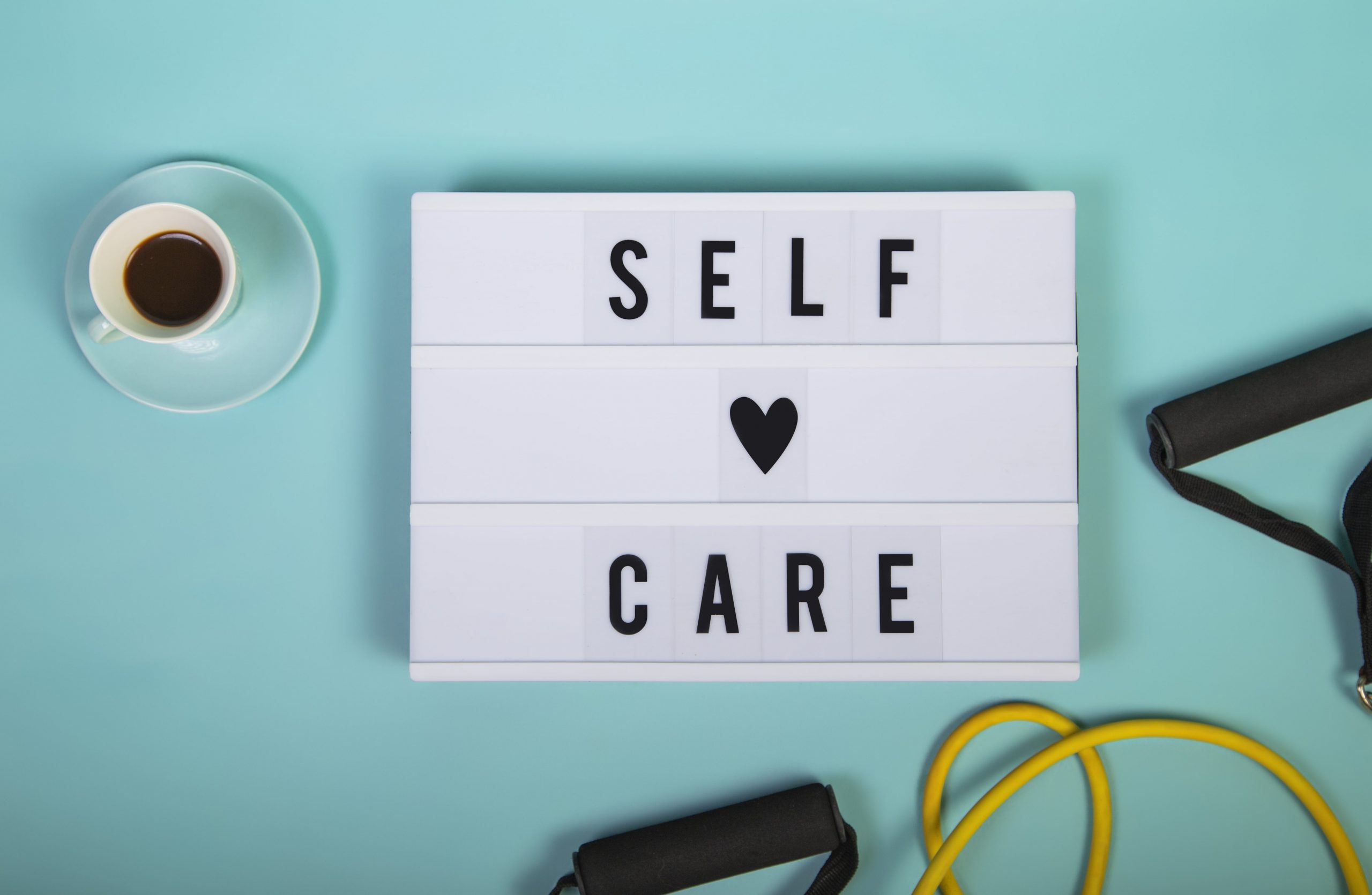It’s easy to get caught up in the hustle and bustle of life and forget to take care of yourself. We are constantly bombarded with messages telling us to put others first, but it’s important to remember that you can’t pour from an empty cup. If you don’t take care of yourself, you won’t be able to take care of others. Here are some tips for taking care of yourself:
1. Get enough sleep: Most people need around eight hours of sleep per night. Getting enough sleep is crucial for your physical and mental health.
2. Eat healthy: Eating nutritious food is important for your overall health. Make sure to include plenty of fruits, vegetables, and whole grains in your diet.
3. Exercise: Exercise is a great way to boost your mood, increase energy levels, and improve your overall health.
4. Take breaks: When you’re feeling overwhelmed or stressed, take a few minutes to yourself to relax and rejuvenate. Take a hot bath, read your favorite book, or take a walk outside.
5. Connect with loved ones: Spending time with loved ones is a great way to reduce stress and feel supported. Whether you stay in touch via text, social media, or in person, quality time with those you care about is crucial for a healthy mind and body.
What are the pillars of self-care?
Self-care is a term that is used a lot these days, but what does it really mean? Self-care is about taking care of yourself – mind, body and soul. It’s about taking the time to do things that make you feel good, and that help you to relax and recharge.
There are many different pillars of self-care, but some of the most important ones are:
1. Physical self-care
This refers to taking care of your physical body. It includes things like eating healthy foods, exercising regularly, getting enough sleep, and taking breaks when you need them. It’s important to listen to your body and give it what it needs in order to function at its best.
2. Mental self-care
This is all about taking care of your mental health. It includes things like managing stress, practicing mindfulness, and spending time doing activities that make you happy. It’s important to find ways to cope with stress and negativity in a healthy way, so that you don’t end up feeling overwhelmed or burnt out.
3. Emotional self-care
This is about taking care of your emotions. It includes things like expressing yourself creatively, spending time with loved ones, and doing things that make you feel good. It’s important to find healthy ways to deal with your emotions, so that you don’t bottle them up and end up feeling frustrated or resentful.
4. Spiritual self-care
This is about taking care of your spiritual health. It includes things like spending time in nature, meditating, or practicing yoga or another form of mindfulness. It’s important to find a way to connect with something bigger than yourself, so that you can find peace and contentment in your life.
5. Social self-care
This is about taking care of your social health. It includes things like spending time with friends, reaching out to loved ones, and getting involved in your community. It’s important to find ways to connect with others, so that you don’t feel isolated or alone.
Self-care is important for everyone – no matter how old you are, what stage of life you’re in, or what challenges you’re facing. Taking care of yourself should be a priority in your life, and it’s something that you should make time for every day. By incorporating some or all of the pillars of self-care into your daily routine, you can start feeling better – both mentally and physically – and living a healthier, happier life.
What are the examples of self-care?
When it comes to self-care, there are endless possibilities and examples. The important thing is to find what works for you and to make self-care a priority in your life. Here are some examples of self-care to get you started:
1. Get enough sleep: This is crucial for both your physical and mental health. Most people need around eight hours of sleep per night.
2. Eat healthy: Eating nutritious foods helps your body to function at its best. Make sure to include plenty of fruits, vegetables, and whole grains in your diet.
3. Exercise: Exercise releases endorphins, which have mood-boosting effects. A moderate amount of exercise is the key to maintaining your mental health.
4. Take breaks: When you’re feeling overwhelmed or stressed, take a few minutes to yourself to relax and rejuvenate. Take a hot bath, read your favorite book, or take a walk outdoors.
5. Connect with loved ones: Spending time with loved ones can help reduce stress and anxiety. Whether you stay in touch via text, social media, or in person, quality time with those you care about is crucial for a healthy mind and body.




